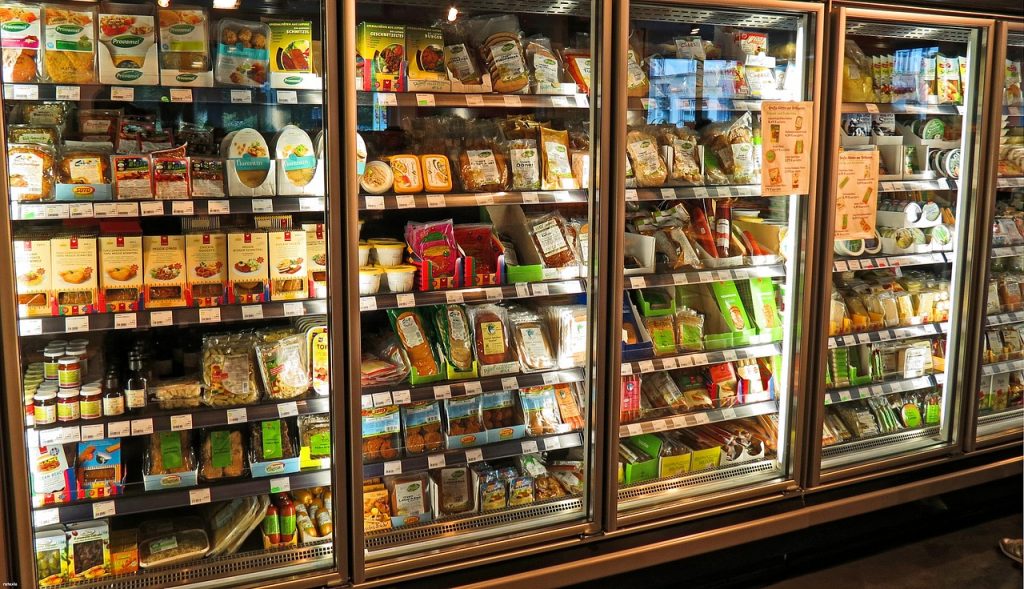Vegan meat products are growing in popularity, says new research from the TRansition paths to sUstainable legume-based systems in Europe (TRUE). The research shows that the meat alternative sector has seen an increase of 451% since 2013.
Vegan meats and proteins — from simple staples like beans to new plant-based meat like the Impossible Burger and Beyond Meat products — are breathing new life into the European protein market.
“The product subcategories with the highest increment were Meat Substitutes, with an amazing growth rate of 451%, Pasta, with an increase of 295%, and Bean-based Snacks, growing by 128%,” The lead author of the report, Carla Teixeira explained.
Vegan meat products were far from the only area of the market to see growth. Other categories containing legume-based products, like hummus or chips made with beans, lentils, or soybeans, have increased around 39% in Europe.

“The most active region was the United Kingdom, with a share of 19 % of total new legume-inclusive product launches in Europe, followed by France (14 %) and Germany (13 %),” João Ferreira, a student at Universidade Católica Portuguesa (UCP), explained.
The report explains that it’s not just the quantity of the products hitting the market that is making a difference, but, rather, that it’s the diversity of the products that had the greatest impact. The researchers say that “exactly” 27,058 new legume-based products hit the global market between 2013-2017. The researchers say that ethical consumerism is becoming an increasingly large part of the shopping experience for folks who want better health and a smaller environmental footprint.
It’s important to note that whether you give up meat entirely or simply just consume more legumes, you’re still making a healthy choice. “Legumes are more filling than meat, better for your waist and the planet,” ZME Science explains. “Consuming legumes is associated with a lower risk of diabetes and heart disease, while being cheaper and requiring far less energy and water than meat.”
This trend is punctuated by recent shifts in the food industry embracing vegan meat companies. Tyson Foods made headlines in 2016 and again recently as it increased its investment in Beyond Meat, the southern California producer of the Beyond Meat patty that looks, cooks, and tastes like hamburger. Nestlé, the world’s largest food producer, recently acquired northern California’s Sweet Earth Foods. The company produces vegan meat products and a range of frozen meals.


